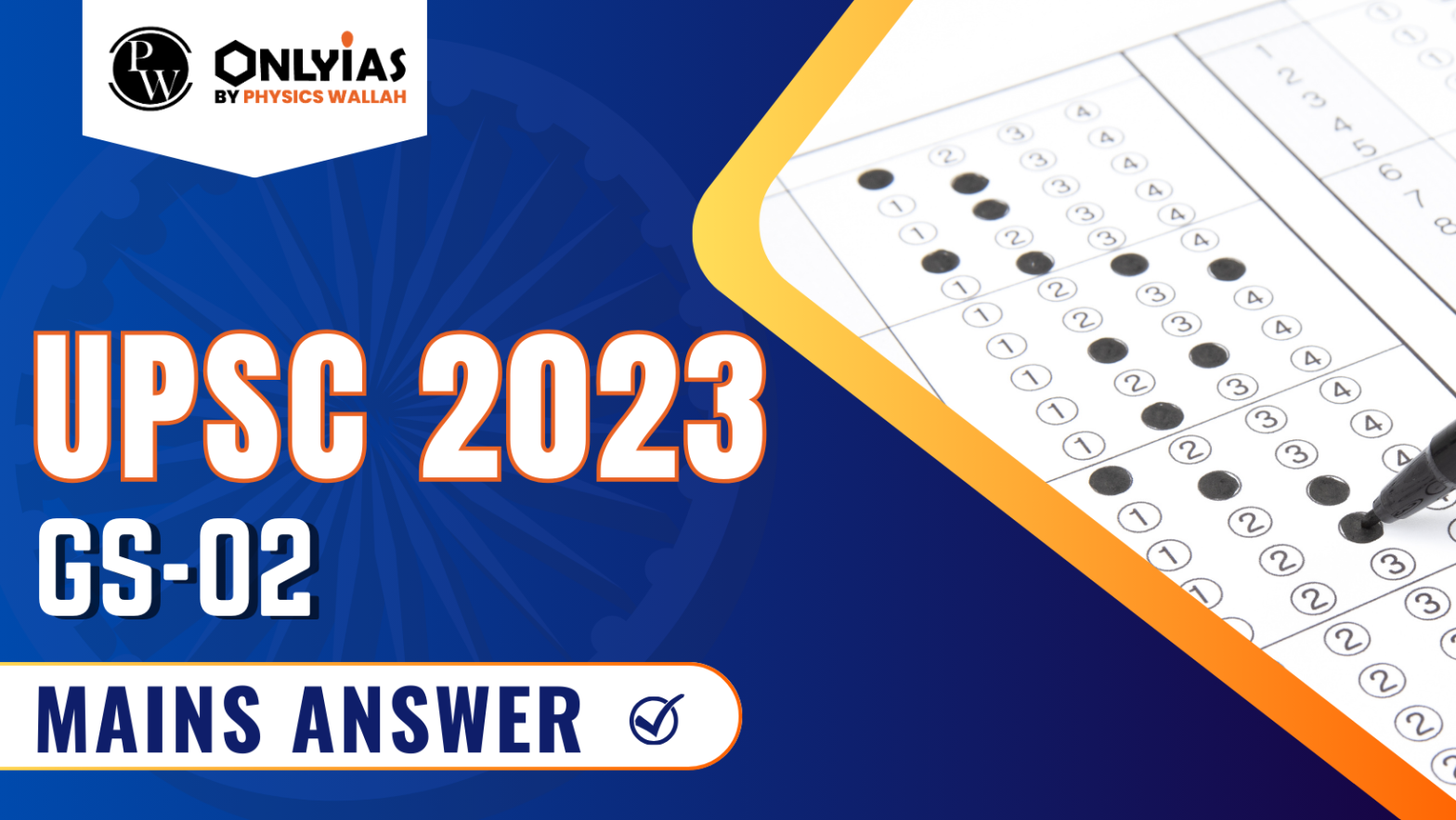Analyze the legal and political factors that have led to the reduced use of Article 356 by Union Governments since the mid-1990s. Understand the changes and implications of this trend.

Q13. Account for the legal and political factors responsible for the reduced frequency of using Article 356 by the Union Governments since mid-1990s.
| How to approach the question
Introduction ● Write about Article 356 of the Indian Constitution briefly Body ● Write legal factors responsible for the reduced frequency of using Article 356 by the Union Governments since mid-1990s ● Write political factors responsible for the reduced frequency of using Article 356 by the Union Governments since mid-1990s Conclusion ● Give appropriate conclusion in this regard |
Introduction
Article 356 of the Indian Constitution empowers the President to suspend state government and impose direct central rule in a state if he/she is satisfied that the constitutional machinery has failed in that state. It is also called President’s Rule or State Emergency. Though it was frequently invoked initially, since the mid-1990s, there has been a noticeable decline in its usage.
Body
Legal Factors responsible for the reduced frequency of using Article 356
Judicial Pronouncements: The S.R. Bommai case (1994) stands as a cornerstone in structuring the application of Article 356. As it laid down that the power of the President to dissolve a state. Article 356 use:
Political Factors responsible for the reduced frequency of using Article 356
Conclusion
Thus, over the years, the prudent legal interventions coupled with the evolved political climate have been instrumental in reducing the frequency of invoking Article 356, fostering a harmonious and balanced governance structure. This showcases a mature and evolving democracy that is working progressively towards fulfilling the envisioned ideals of its constitution.
| For a Detailed explanation of the UPSC GS-01 Mains question 2023, click here.
For a Detailed explanation of the UPSC GS-02 Mains question 2023, click here. For a Detailed explanation of the UPSC GS-03 Mains question 2023, click here. For a Detailed explanation of the UPSC GS-04 Mains question 2023, click here. |
<div class="new-fform">
</div>